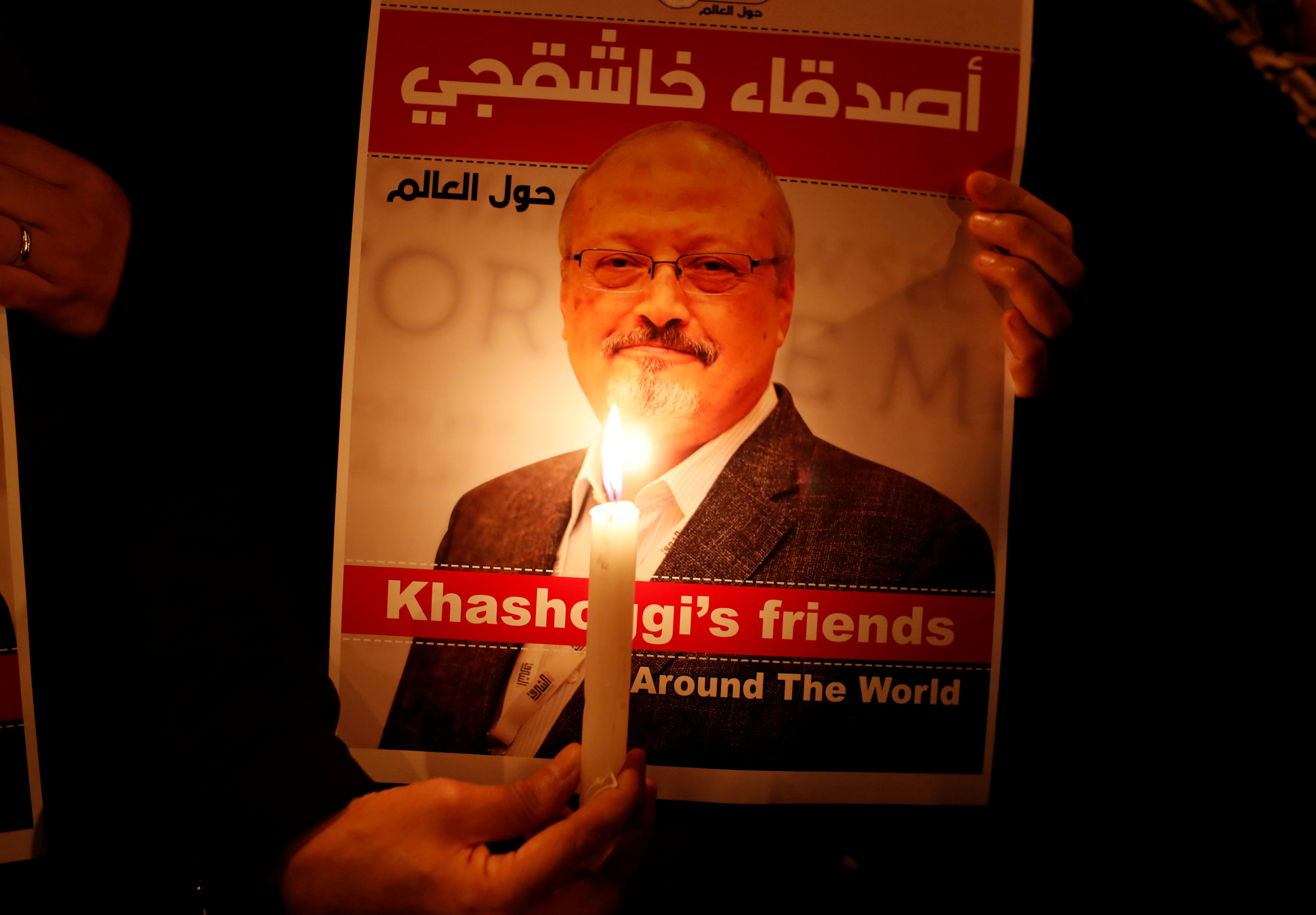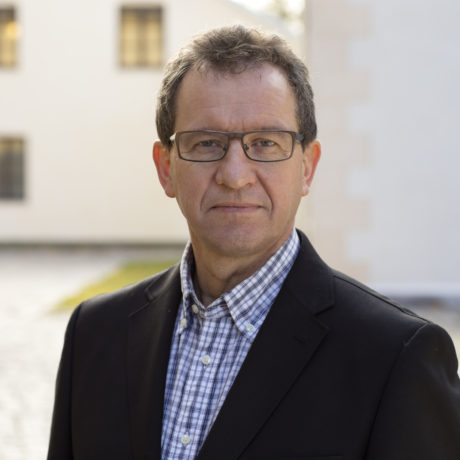The Norwegian Helsinki Committee is working for a European cooperation on sanctions that can target those who commit the most serious violations without being punished.
Persons responsible for extrajudicial executions, involuntary disappearances, human trafficking, torture or inhuman treatment, systematic use of rape or other gross abuse may be denied entry. And if they have funds in banks or have property in these countries, they will be frozen.
– We need to distinguish between democratic states that sometimes commit human rights violations, but who have a willingness to do something about it, and authoritarian and corrupt states that do not have that will and who allow people of great power to evade justice, says Gunnar M. Ekeløve-Slydal, Deputy Secretary General of the Norwegian Helsinki Committee.
The new Solberg government in Norway says that as part of a broad European cooperation, Norway will contribute to developing such a sanctions regime. In other words, the question of introducing such sanctions will be on the political agenda in the future.
Who should we support?
A core issue of human rights sanctions is whether we want to support those who uncover and warn about corruption and human rights violations.
– After all, the authorities in democratic states must ask themselves: if we do not support the whistle-blowers, who are we then supporting? The point should be to make both those who are behind grave abuses and those who carry them out accountable, says Ekeløve-Slydal.
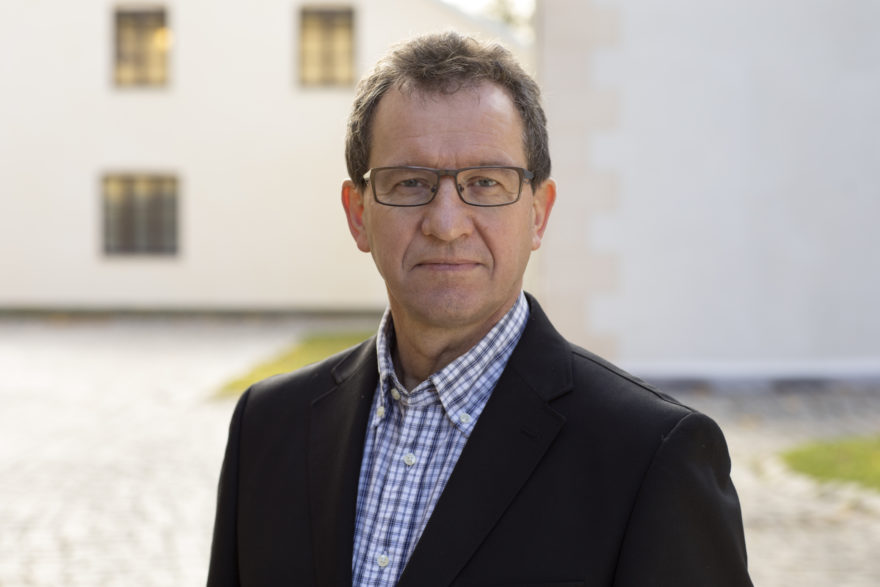
– Magnitsky has become a symbol of brave whistle-blowers. In many states it may prove fatal to warn that government officials have committed financial offenses or to work for increased respect for human rights, says Ekeløve-Slydal.
After first attempting unsuccessfully to get those responsible for the fraud and the murder of Magnitsky punished in Russia, Browder raised the case in the US Congress. This led to the adoption of the first Magnitsky Law in 2012. It was aimed at those responsible for the fraud Magnitsky exposed and the human rights abuses against him. Other Russian citizens who committed large-scale corruption or attack whistle-blowers and human rights defenders could also be sanctioned.
Russia reacted by introducing similar sanctions against US citizens. It also prohibited Americans to adopt Russian children and Russian civil society organizations to receive financial support from the United States.
Magnitsky has become a symbol of brave whistle-blowers. In many states it may prove fatal to warn that government officials have committed financial offenses or to work for increased respect for human rights
Gunnar M. Ekeløve-Slydal
In 2016, the US Congress adopted the Global Magnitsky Human Rights Accountability Act, which establishes a sanctions regime against corruption and human rights abuses anywhere in the world.
Only people who are not punished in their own country can be placed on the sanction list. They are denied entry into the United States as well as having assets they have in the United States frozen. The list now among others includes 17 peopleinvolved in the brutal killing of journalist Jamal Khashoggi in Istanbul.
Recent developments
On December 10, 2018, on the UN Human Rights Day, the Netherlands submitted a proposal to the EU Foreign Council to establish EU sanctions for human rights violations. The Foreign Ministers gave the green light to draft an EU law on such sanctions.
The Dutch proposal, among other things, pointed to the need for sanctions aimed at sexual abuses in African countries, recruitment of child soldiers, attacks on LGBTI people as well as sanctions aimed at abuses in authoritarian states where the space for civilian activism is shrinking.
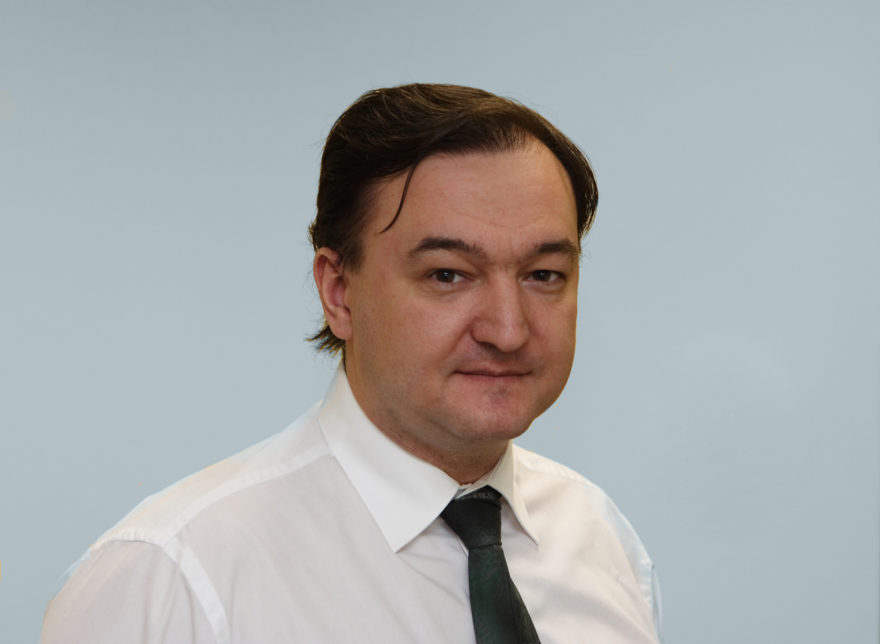
The European Parliament followed up with a resolution of 14 March 2019 asking Member States to adopt a European sanctions regime for human rights violations. The EU Council must “swiftly establish an autonomous, flexible and reactive EU-wide sanctions regime that would allow for the targeting of any individual, state and non-state actors, and other entities responsible for or involved in grave human rights violations.”
An important point is that the resolution refers to a statement by the President of the European Commission, Jean-Claude Juncker, proposing that Member States make use of existing EU rules to “move beyond unanimity in Council decision-making” in foreign and security policy issues. The new sanctions regime could thus be adopted by “qualified majority in the Council”. Adopting the sanction regime in this way means that one or a few countries will not be able to block the decision.
Since the United States, Canada, the United Kingdom, Lithuania, Estonia and Latvia have already introduced such sanctions, one does not need to start from scratch. One may use the experiences from these existing schemes.
Gunnar M. Ekeløve-Slydal
The Council of Europe Parliamentary Assembly made an important contribution on January 22, 2019, when it adopted a resolution calling on all member and observer countries in the Council of Europe to consider Magnitsky’s sanctions.
There has also been a breakthrough for such sanctions in Norway. In the Granavolden platform, the Norwegian government says it wants to work to establish a sanctions regime in Europe.
– To increase the effect of the sanctions, it is important that many countries participate, says Ekeløve-Slydal and continues:
– Since the United States, Canada, the United Kingdom, Lithuania, Estonia and Latvia have already introduced such sanctions, one does not need to start from scratch. One may use the experiences from these existing schemes.
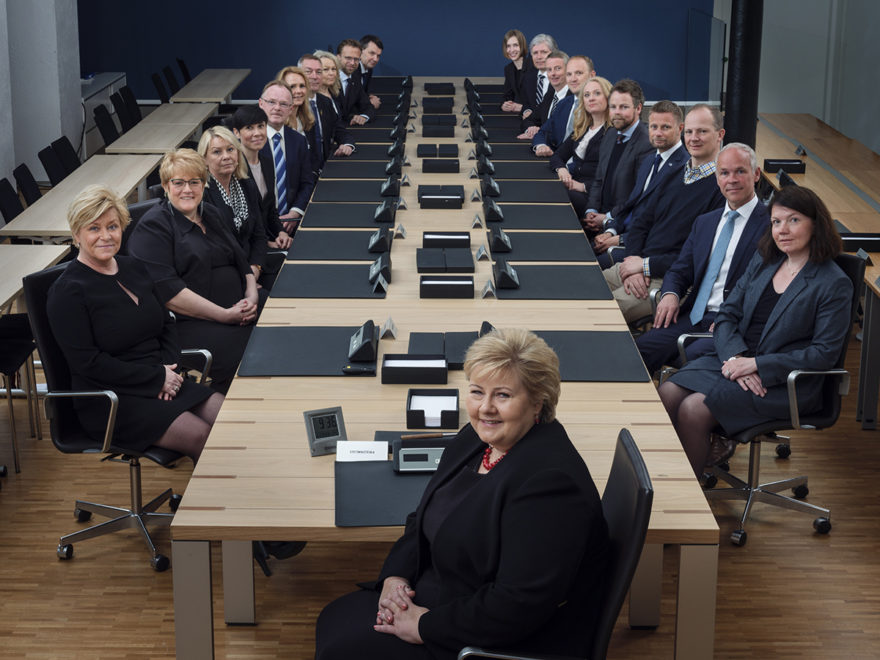
The weakness of the original Magnitsky law in the United States was that it only targeted Russian human rights abusers. In 2016, the globally directed legislation was established, and the other countries that have introduced human rights sanctions have also chosen such a solution.
– It is a major advance that we now have globally directed sanctions regimes. They are not aimed at any specific country, but against particularly serious violations of human rights, says Ekeløve-Slydal.
Other important questions include the procedures for placing people on the sanction list, and whether listed people can complain so that they can get off the list if they are innocent.
– It is an important point that sanctions must be based on human rights criteria and not on political considerations. It is worth listening to the Parliamentary Assembly in the Council of Europe (PACE) on this point, says Ekeløve-Slydal.
He explains that PACE’s resolution includes guidelines for such sanctions, based on the fair trial requirements of Article 6 of the European Convention on Human Rights.
Non-governmental human rights organizations have a significant role to play in the US regime since they can present cases. The American organization Human Rights First coordinates and supports organizations that want to promote matters. The Norwegian Helsinki Committee participates in the work of presenting cases, among other things, to the American sanction regimes.
How Norway can do it
It may prove challenging to get all EU member states to agree on human rights sanctions. Some of them move in an authoritarian direction and hardly want to contribute to a sanctions regime that can provoke Russia.
To prevent the process of establishing EU human rights sanctions from being obstructed, even if some countries do not wish to participate and a consensus rule applies, the Norwegian Helsinki Committee together with the European Stability Initiative and three Dutch Parliamentarians have proposed an alternative way of establishing sanctions. One solution is that some of the EU member states establish a European Entry Ban Commission, which can propose human rights cases to the already existing EU sanctions schemes.
The Norwegian Helsinki Committee has also proposed a model for how Norway can manage such a scheme, by establishing an independent body like the Council on Ethics. Such an independent human rights council may consider which persons should be sanctioned (Magnitsky Policy Paper, page 10).
It is an important point that sanctions must be based on human rights criteria and not on political considerations. It is worth listening to the Parliamentary Assembly in the Council of Europe (PACE) on this point
Gunnar M. Ekeløve-Slydal
If EU legislation cannot be put in place in reasonable time, Norway could cooperate with the other Nordic countries. Finland, Sweden, Norway, Denmark and Iceland are all countries with strong credibility when it comes to human rights. It is also known that the Netherlands, France and Germany are positive. The UK has already introduced legislation to freeze assets to human rights abusers, and there is discussion about extending the scheme to include entry bans.
The Oslo Magnitsky Hearing held in Oslo in the autumn of 2017 was, in some ways, historic, when a crowded Nobel Peace Centre discussed challenges for human rights work in corrupt and authoritarian states, and how democratic states can address these challenges. In the spring of 2019, the discussion on sanctions was also taken to the Parliamentary Assembly of the Organization for Security and Cooperation in Europe (OSCE), with a side event in Vienna in collaboration with the Norwegian member Åsmund Aukrust.
– It is important to debating these issues. We will continue to contribute to putting them on the agenda in Norway and internationally, concludes Ekeløve-Slydal.
